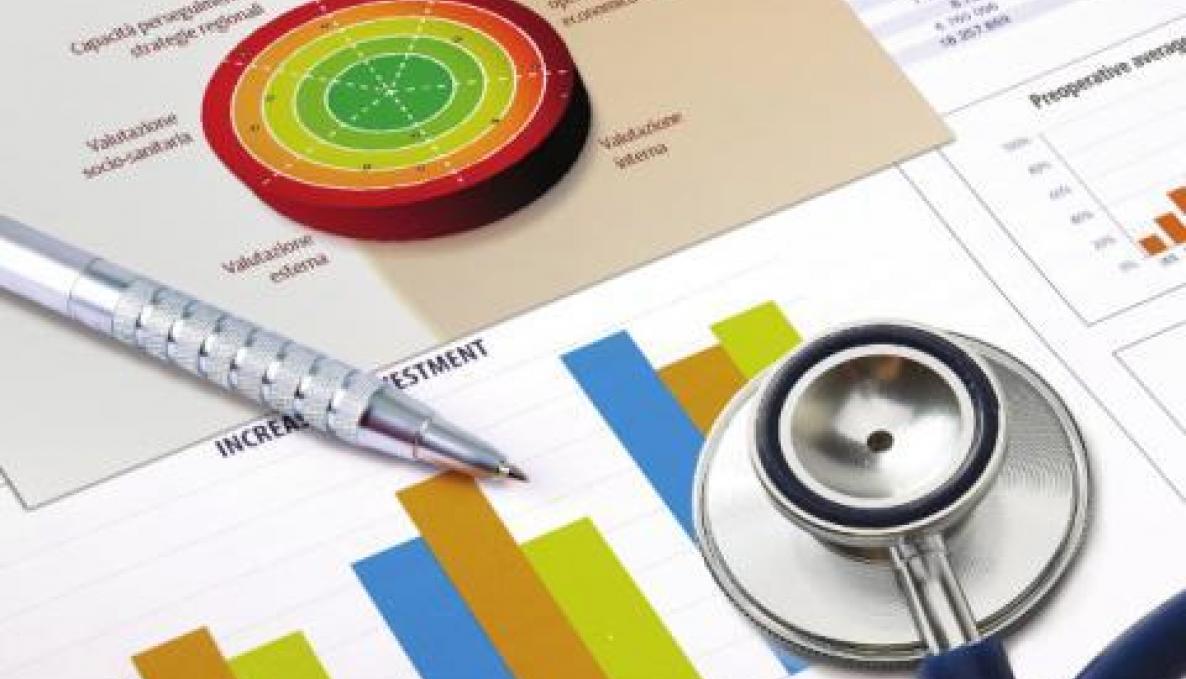300 performance indicators measure success of eight regions and two provinces in 2019. Researchers of Sant’Anna School Mes Lab for Health System Management and Performance Assessment discuss results at the “Network delle Regioni”online conference

In 2019, 300 performance indicators were used in eight regions and two provinces in Italy to describe the major challenges to improving access to services, reducing waiting times in ER, providing rapid access to treatment particularly for patients with chronic conditions, reducing hospital admission rates, increasing immunization coverage, and increasing cancer screening rates.
On July 15, 2020, researchers of the Sant’Anna School Mes Lab Health System Management and Performance Assessment, Rector Sabina Nuti, Minister of Health Roberto Speranza, and Dr. Domenico Mantoan (Agenzia nazionale per i servizi sanitari regionali - Agenas, director general of Sanità della Regione Veneto and the president of the board of Agenzia italiana del farmaco) discussed the study results in 2019 pre-Coronavirus phase. The performance assessment 2019 can provide health care managers with essential information to guide actions for further development of the health system towards a post-Covid-19 “new normality”.
Performance indicators are useful tools for management. In close collaboration with the Ministry of Health and Italian partners, the Mes Lab contributed to test the feasibility of these indicators in Basilicata, Friuli Venezia Giulia, Liguria, Marche, Puglia, Toscana, Umbria, Veneto, Trento and Bolzano health facilities. The report shares findings to understand how 300 indicators can benefit the national and regional system and create opportunities for collaboration by offering a “Regional Focal Point Network” for preventive actions.
The 300 indicators can be used to improve the quality, safety, and efficiency of health care. The challenging task of managing growth in health systems calls for substantial investments and a centralized organizational architecture. The results show that primary care health services delivered to the citizens across provinces and territories led to improved efficiency especially in chronic disease control and hospitalization time.
In 2019, data show the regions and provinces provided effective and efficient healthcare emergency services to the population. Region Marche and Trento province have succeeded in reducing waiting time to 30 minutes for 48 % of patients and 93%, respectively. The study also reported positive results in the efficiency of pharmaceutical spending and the appropriate prescribing. However, data raised some concerns about the appropriateness of CT and MRI examinations. In 2017, 8% of patients in Veneto received MRI examination twice a year; percentage decreased to 6.8 in 2018 and 5.9 in 2019.
Data included in the report suggest actions to promote resilience in the health sector and initiatives to create sustainable and resilient hospitals in the face of health emergency within the context of regional and territory infrastructure. The study also highlights emergent practices for improving health care resilience with patient’s engagement for decision-making to address deficiencies and protect the achievements that have been attained towards resilience.
“The importance of this study highlighting the development of integrated data services in healthcare is enormous - said Minister Roberto Speranza. On the regional level, institutions need to develop plans that address high quality objectives and define regional policies which are powered by a central network dealing with administrative and financial matters. The Health Ministry oversees the national health service assessment process, which is the most important mechanism for containing costs, mitigating risks as well as providing the long-term continuity necessary for reshape and build resilience.”
“Regional health services have continued to develop solutions able to respond to the specific necessities of the health care organizations in many parts of Italy – said Milena Vainieri, as the coordinator of the Mes Lab. The challenge, in the post pandemic phase, concerns how to foster the necessary collaboration among organizations over uncertain time periods while ensuring that high-quality of care standards are met.”
“The purpose of the Hospital Management Information System and the performance assessment is to improve the quality of patient care and to increase the efficiency and effectiveness of the health workers – said Federico Vola, a researcher at the Mes Lab and the coordinator of the ‘Network delle Regioni’. Our study was carried out by using methods involving doctors and patients of regional public hospitals (voluntary participation). The results suggest recommendations in accordance with the principles of the interaction design towards a complete competence framework and an integrated solution for patient safety.”
Register here for more information on Regional and Province health surveys
In attachement the survey data.



